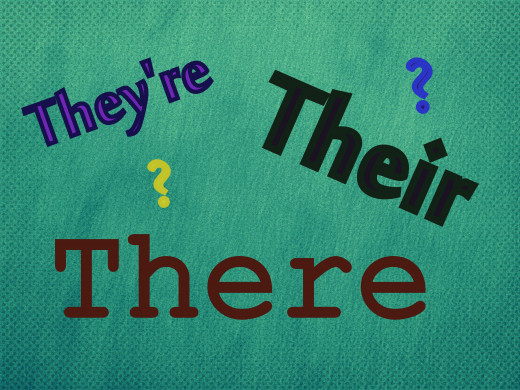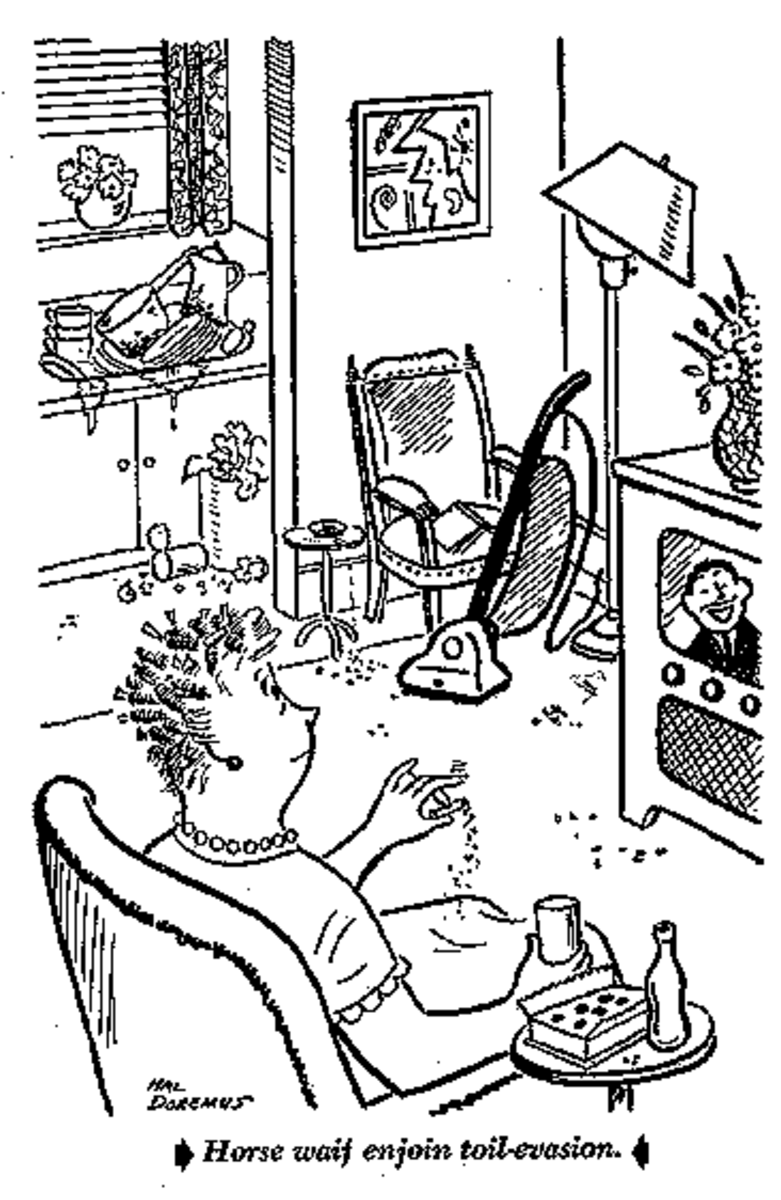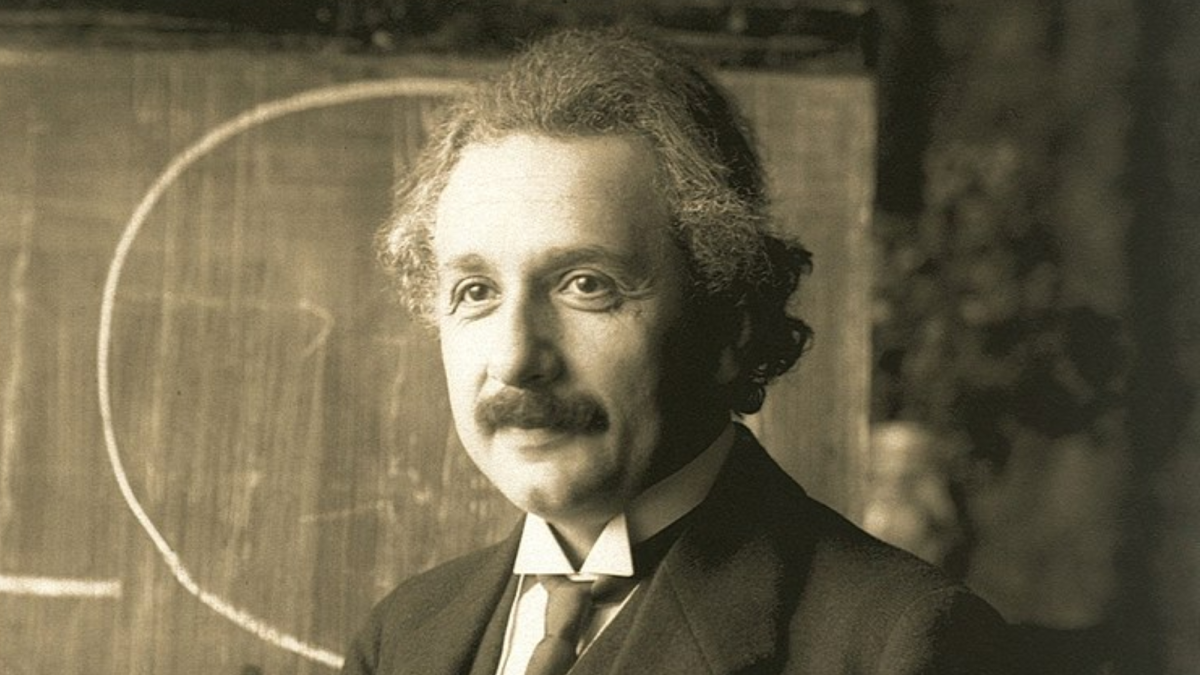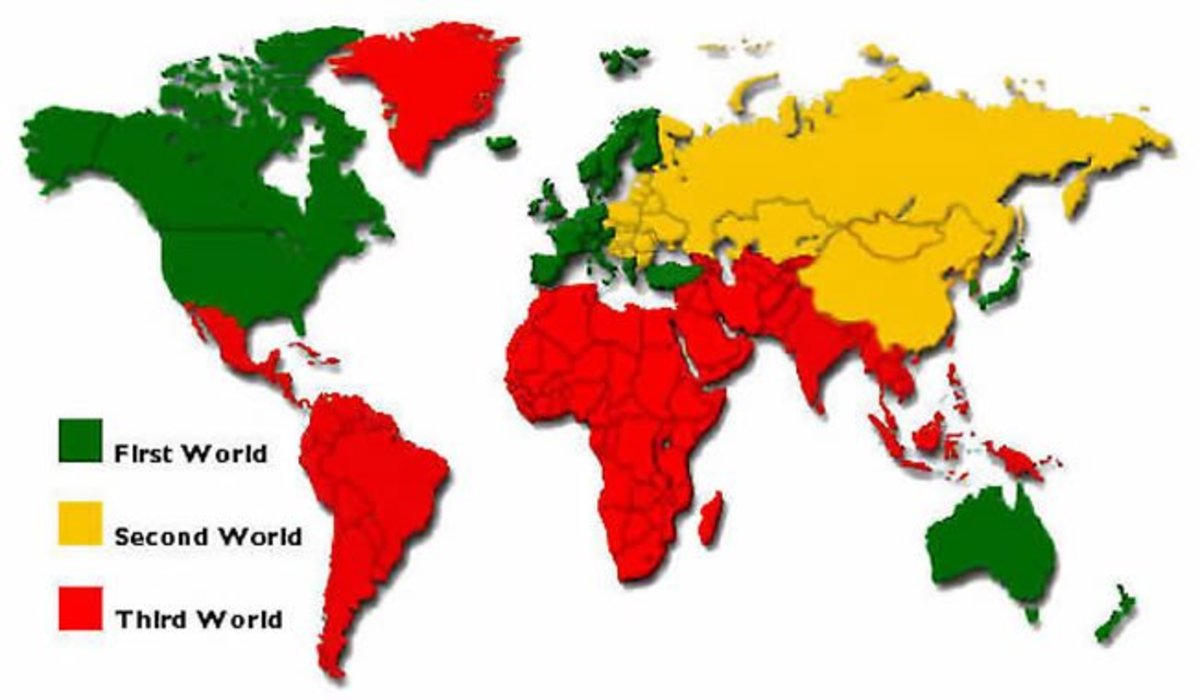A Simple Guide to Common Grammar Mistakes: Homophones

What's a Homophone?
A Homophone is a word that is pronounced the same as another word but differs in meaning. These two words can be spelled the same or differently. The homophones that I am going to concentrate on toady are the ones that are spelled differently. As someone who spend a lot of time reading websites, blogs, emails, Facebook and online articles I've noticed that many, if not most, people struggle with knowing the correct homophone to use in their writing.
This handy little guide will help you out with the most common homophone errors. Bookmark this page and if you ever have a question, you will have a handy little guide to steer you in the right direction.
To, Two, Too
*Note: I started writing this article describing words by calling them adjectives or prepositions, etc. and determined most people do not find this helpful, so I decided to exclude this from my descriptions.
Too: You can use too in place of the word also...
"Jim is going to come, too." .
OR An it means an excessive amount or extremely.
"Mary has too many friends"
"Mary is too nice."
Two: The number 2
"I have two ears."
To: Unless you mean also, in excess, extremely or the number two than you can bet that you should be using to.
"I am going to the park"
"He came to our house"
"The score was eight to ten."
"It's a quarter to four"
More Fun Examples:
I want to go to the dance.
I want to go to the dance too.
I want to go to the dance with two girls.
I want to go to the dance with two girls too.
Their, There, They're
These are used incorrectly more than any other homophone, and they are really very simple to tell apart.
Their: Shows possession - Belonging to them.
"It's their house." (the house belonging to them) or
"The team won their game" (Who's game? Not my game, their game. The game belonged to them.)
There: Meaning a place or location.
"We are going there." (We are going to that location)
"There is my hat." (The location where my hat is.)
Or introducing a sentence where the noun comes after the verb.
"There are not enough hours in the day." (are is the verb and hours is the noun)
They're: A conjunction of the words They Are. If you can not use the words they are in place of They're you are not using it properly.
"They're going to the park." (They are going to the park)
Accept and Except
Accept: To receive, to agree or consent to, to respond in the affirmative.
"I have accepted his invitation to the dance."
"Will the college of my dreams accept me?"
Except: With the exclusion of, excluding
"I like all vegetables except squash."
"Everyone in my family is tall except my mom."
Whether, Weather
Whether: Used to introduce alternatives in a sentence.
"I don't know wheather or not I can come with you."
Weather: The state of the athmosphere. Rain or storms or sunny, etc.
"The weather is supposed to be very nice this week."
Hear, Here
Hear: To perceive by the ear, or to learn by being told.
"I can hear the bells."
"I hear you are going to the dance with Bill."
Here: In this place.
"Put that box over here"







